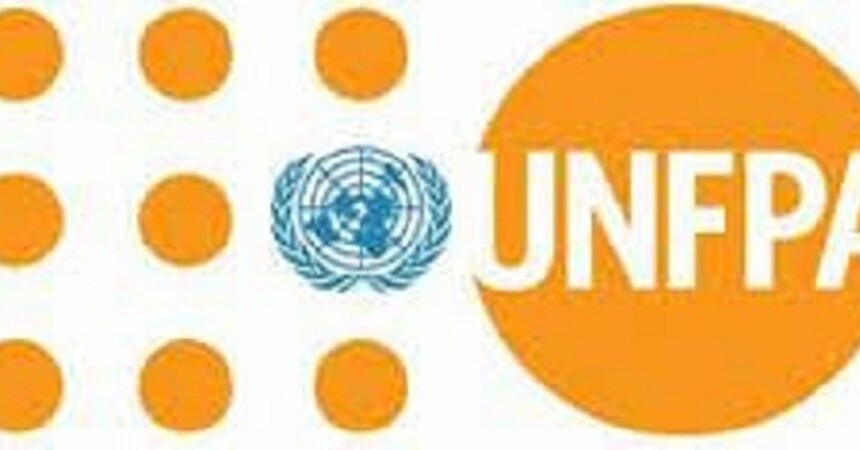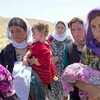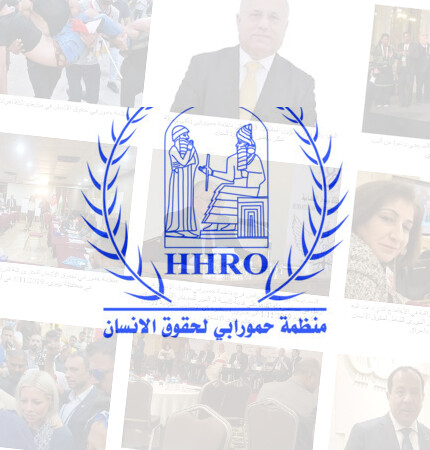
 Facebook
Facebook
 Twitter
Twitter
 YouTube
YouTube
 Telegram
Telegram
- الرئيسية
- تقارير وبحوث
- • UNFPA provides...
• UNFPA provides 1,000 RH consultations to women and girls fleeing Mosul
·UNFPA provides 1,000 RH consultations to women and girls fleeing Mosul
As Iraqi civilians are fleeing the ongoing conflict in Mosul, UNFPA Iraq has stepped up its response and delivered reproductive health (RH) services to women and girls in Iraq.
Since the start of military operations to liberate Mosul from the so-called Islamic State (ISIL) on October 17, UNFPA provided over 1,000 reproductive health consultations majority of which were from three health facilities in Qayyarah, Hajj Ali and I’jhala. Six IDP women have also delivered babies in the UNFPA supported Primary Health Centre in Qayyarah since the start of Mosul operations. The UNFPA supported maternity is the only child-birth facility in Qayyarah.
Talking to reporters from Qayyarah, the UNFPA Representative in Iraq, Ramanathan Balakrishnan, said “IDP women while fleeing for safety are often cut off from accessing reproductive health care. For pregnant women, this risk can become a life or death scenario. As in the case of Qayyarah, the UNFPA-supported reproductive health services help pregnant women access reproductive health care including life-saving emergency obstetric care”.
As part of its response to the Mosul crisis, UNFPA has positioned 25 reproductive health mobile teams and established/strengthened 20 maternal health facilities including delivery rooms for pregnant women. The facilities provide services such as gynaecological consultations, family planning as well as antenatal care, delivery care and post-natal care services. UNFPA has also mobilized 23 mobile teams to provide psychosocial support, emergency case management and referrals for women, adolescent girls and survivors of gender-based violence.
The rapidly escalating humanitarian crisis in Mosul poses a heightened threat to the health and lives of pregnant women who may be cut off from life-saving emergency obstetric care.
As Mosul operations continue, out of an estimated population of 1.2 million, anywhere between 250,000 to 300,000 could be women of reproductive age requiring reproductive health services and gender-based violence response services.




